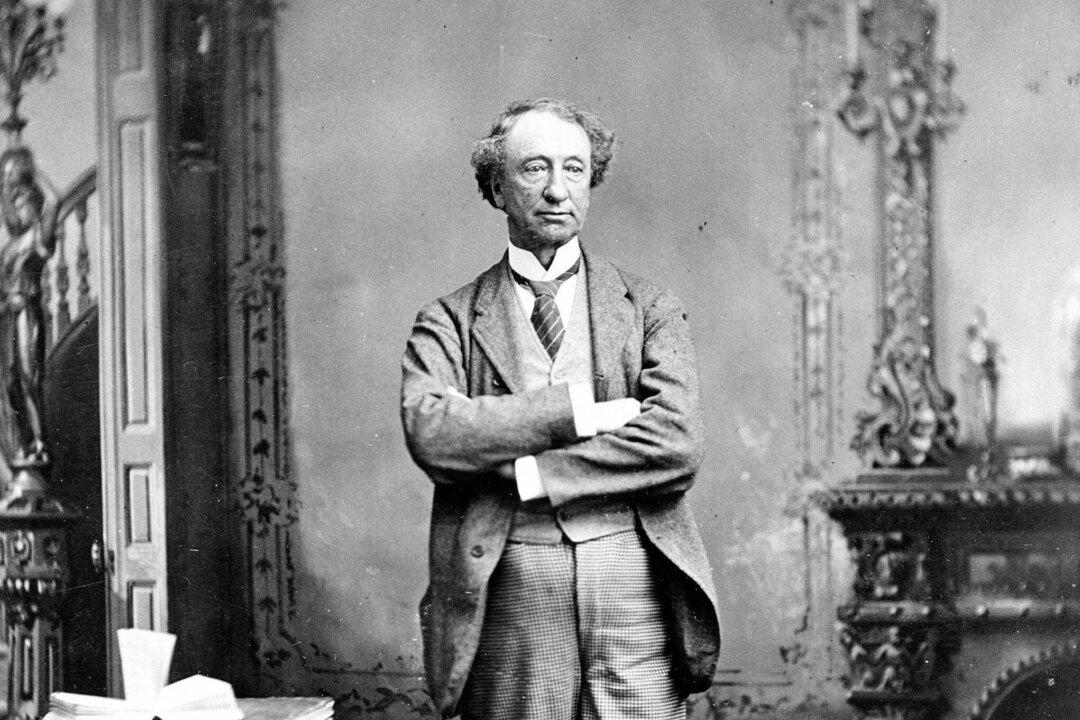Canada’s chief archivist has ordered the purge of “offensive” content on thousands of national archives webpages, according to internal documents obtained via a request by Blacklock’s Reporter under the Access to Information Act.
“Much of the content on the Library and Archives Canada website reflects the time at which it was written,” wrote chief archivist Leslie Weir in an email to staff obtained by Blacklock’s.





